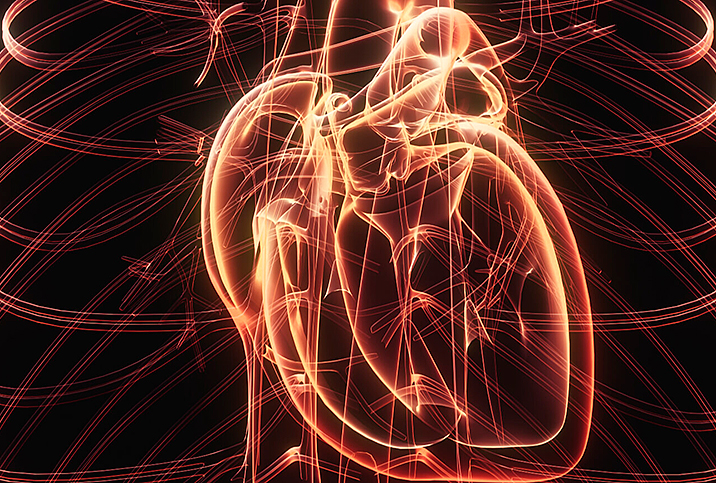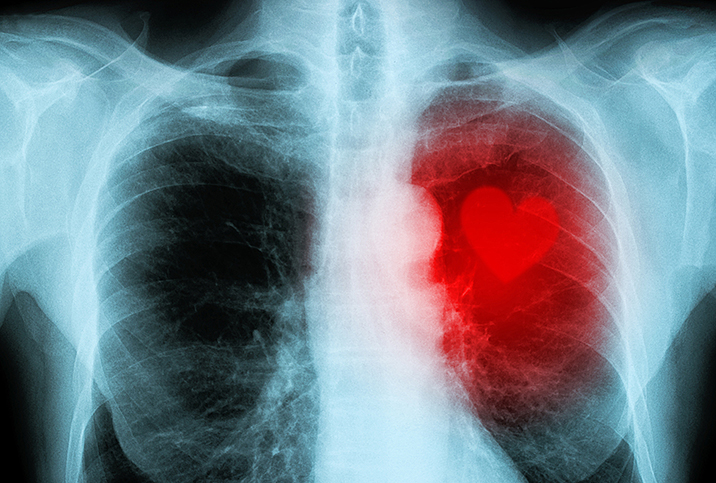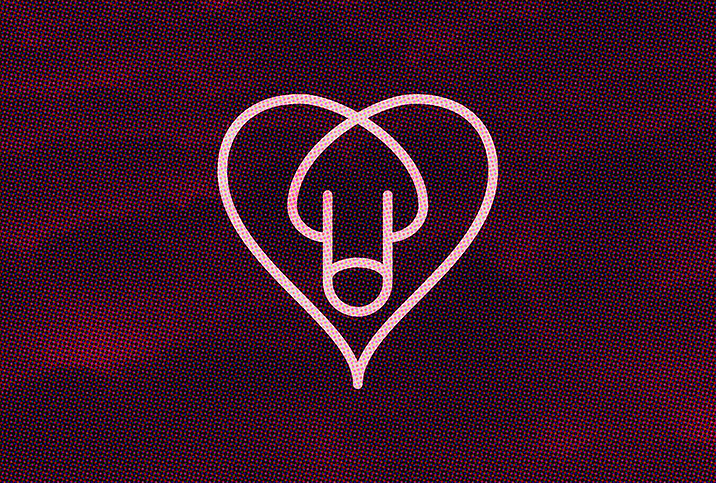The Science Behind Heart Disease and ED

For a long time, people believed that if you had a problem getting an erection, it was strictly due to psychological issues.
Of course, before the advent of modern psychiatry and psychology, erectile dysfunction was sometimes attributed to demons or a witch's spell.
These days, though, demons and witches are mostly off the hook. Modern medicine tells us that while there is a psychological component to erectile dysfunction (ED), its origin is far more often physical.
Indeed, it may not surprise you to hear that the heart is frequently at the forefront of a man's issues with ED. But how does that connection play out, exactly? And, more importantly, what can we do about it?
Blood simple
To get an erection, your body and mind must coordinate an intricate dance among the brain, nervous system, circulatory system, hormones, muscles and emotions. If any single component goes offline or misfires, erectile dysfunction can result.
One of the most crucial elements of an erection is, naturally, the blood that plumps up the man's penis in the first place. It's well known that when a man has circulatory issues related to heart disease or diabetes, it can result in a reduction in the quality of his erections.
But what's becoming more and more apparent every day is just how vital this link between heart disease and ED is—so much so that early-onset erectile dysfunction may be able to predict future heart disease and other cardiovascular issues.
According to a Mayo Clinic study, men ages 40 to 49 who experience ED are twice as likely to develop heart disease. There are a couple of theories as to why.
The science beneath the surface
While the underlying science behind this phenomenon is still being developed, scientists are homing in on the heart-ED connection.
One theory posits that erectile dysfunction stems from the same condition that causes coronary artery disease.
The idea is that the accumulation of plaque constricting blood flow to the heart also constricts the smaller arteries and blood vessels that carry crucial blood to the penis. Smaller blood vessels having reduced blood flow sooner than larger ones would explain why ED precedes heart disease and can even predict it.
Another theory is that as arteries lose elasticity over time due to aging and atherosclerosis, it affects blood flow to the penis first, then later to the heart.
While neither theory is conclusive, they both lead to the same place: Early-onset erectile dysfunction can indicate future cardiovascular disease.
The Mayo Clinic study cited above followed 1,400 Minnesota men over a 10-year period, none of whom had heart disease at the outset of the study.
While the expected correlation between age and erectile dysfunction reflected the likelihood of developing heart disease—the researchers found that 80 percent of men with ED developed heart disease—the connection was most profound in the 40 to 49 age group. The 2.4 percent of men in this cohort who had experienced ED had a 50-fold greater chance of developing heart disease than those who hadn't.
The study's authors concluded that erectile dysfunction has a "prognostic importance" when it occurs in younger men, pointing to future heart disease.
What it all means
While this is incredible news on its own for anyone with an interest in the mechanics of how ED works, the information contained in this study also has practical, real-world applications.
For one thing, perhaps the message will get through to sedentary, red-meat-eaters and reluctant-to-exercise guys that they should start working harder to stave off atherosclerosis as long as possible.
Seriously, who wouldn't trade hardened arteries for a hard penis, after all?
A second related application is what the study's researchers called the opening of a "window of curability" for men with possible impending heart disease as indicated by erectile dysfunction. Armed with the knowledge that a younger man is suffering from ED, clinicians can target early-stage heart disease screening that might otherwise never have come up for years.

















